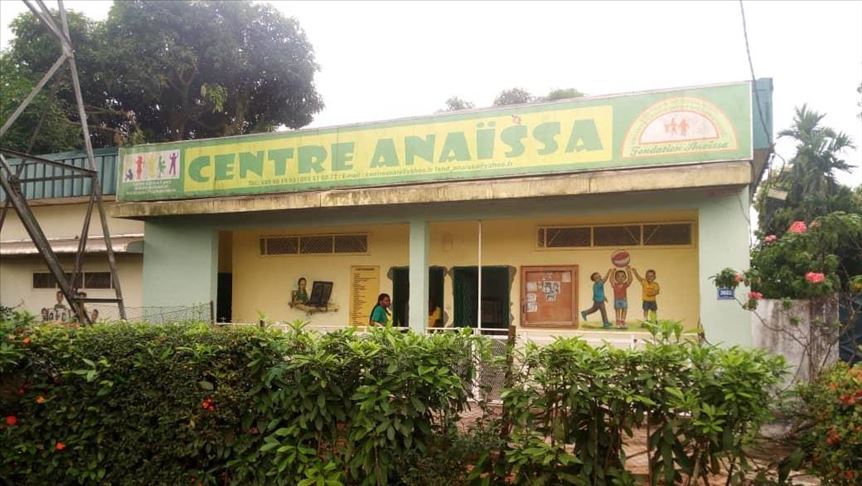
DOUALA, Cameroon
Dina Doumbe Rode and Eric Bile Massouke are both autistic. In Cameroon, where they live, most people believe they are victims of witchcraft.
Their parents say that while searching for ways to heal, they have had to give in to social pressure by experimenting with traditional or mystical solutions.
Autism refers to a range of conditions that are characterized by challenges with social skills, repetitive behavior, speech, and non-verbal communication skills, according to autismspeaks.org.
Elise Doumbe said her daughter now in her 30s was eyed with suspicion by her neighbors.
"My husband and I never wanted to give in to these beliefs. But we entrusted the child to a traditional healer during the first crisis because people around us made us believe that she had a mystical disease," she told Anadolu Agency.
Agnes Bile also went through a difficult time with her son.
Since his birth, religious and other traditional practitioners have offered her magical and religious solutions.
"They told me that my son was a victim of witchcraft. I refused to believe and they accused me and my husband of being the cause of it. For many people, the wealth of our family is the result of the fact that we sold our child to the devil. They said that we refused their help because we are afraid of being exposed by God. It was a hard time," she said.
With time they were able to overcome these prejudices and seek medical assistance.
"No marabout has ever been able to prove to me that my child suffers from witchcraft. I don't think we can prove it despite all that is said in my entourage," said Elise Ndoumbe.
Experts say the buzz surrounding autism has impacted the lives of many families in the country.
"There is still a magical and religious perception of autism in Cameroon. Many people and even those who call themselves specialists do not always have good practices to approach autistic people," said Armand Happy, a Cameroonian psychologist.
Agnes Eyoum, director of a care center, would like the Cameroonian authorities to build specialized structures that are affordable for all social classes.
"Governments must create appropriate environments for autistic treatment, but also for training of parents and medical search," Happy added.
According to the World Health Organization, one child in 160 worldwide suffers from an autism spectrum disorder.


